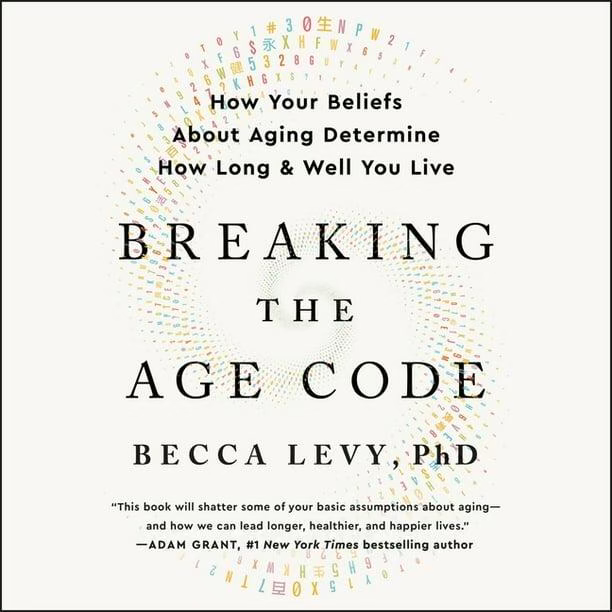Primary Care Clinics on a Block Near You: High-Touch Health Centers
- Patricia Anstett
- Jun 29, 2022
- 3 min read
Maureen McDonald says she “feels like I’ve won the lottery.” The Hazel Park primary care clinic she uses, Oak Street Health, is part of a national for-profit chain of community-based health centers that offers free transportation to appointments and thorough visits with a nurse practitioner or doctor.
“I highly recommend them,” said McDonald, 72, of Southfield. “In these days, where everything in health care is rush-rush, this is low tech and personal.”
Oak Street Health, with 140 centers in 20 states, was an early developer of a new approach by national companies - offering primary care clinics focused on senior citizens with Medicare health insurance.
Some such clinics, including Dedicated Senior Medical Centers, a division of ChenMed with 100 centers in 12 states, only accept seniors with Medicare Advantage plans. Oak Street, however, accepts all types of Medicare coverage, as well as so-called dual eligible patients with both Medicaid and Medicare coverage. Both companies have won the support of large insurance plans, such as Blue Cross Blue Shield of Michigan, Humana and Priority Health.
They call their appeal high-touch. “Switch to a doctor who listens to you,” is the pitch for one Oak Street ad on Meta Platform Facebook. These centers are projecting growth as they continue recruitment appeals, and as Medicare and other health insurance plans financially reward centers that keep seniors out of the hospital and prevent them from falling below their desired health goals.
The approach is called value-based health care. Up until now, most such healthcare was “fee-for-service,” meaning the more patients seen, the more money a doctor or facility received.
“The emphasis in value-based care is to keep patients as healthy as possible for as long as possible,” said Dr. Maria Wilson, executive medical director overseeing Oak Street clinics in Michigan and four other states. The company says it has reduced hospital admissions by 51 percent.
A big concern, expressed in interviews and social media comments by former patients and employees, is that these centers will focus only on the healthiest seniors, and so it will take time to see if the concept actually saves money and improves health for a large percentage of seniors.
“We don’t cherry pick,” countered Dr. Traci Trice, a family medicine physician at the Dedicated Senior Medical Center on W. Seven Mile in Northwest Detroit. “That’s the antithesis to our model. Our model is everyone deserves VIP service. We preach that all day, every day. We see all comers.”
Others worry that seniors might face obstacles if they need prescriptions or a referral to another type of care, such as physical therapy or a specialist. “STAY AWAY IF YOU WANT TO STAY ALIVE,” warned Priscilla A. in all caps on the BirdEye.com website. Her post said she waited two weeks for a refill of her blood pressure medicine.
Wilson added that most social media posts tend to be more negative than positive and that her company’s surveys show a high satisfaction rate, far exceeding other industries.
Urban Aging News visited two Detroit clinics and evaluated the concept of value-based care through social media posts, health care journal articles, interviews and other resources. Here are some observations:
FACILITIES: Housed in remodeled former drug stores and other commercial urban properties, the health centers look new and clean. Clinics will arrange for a shuttle bus or car to pick up patients and return them home if needed. Many stock pantries with free water and snacks, and offer community classes, such as cooking, chair yoga, cards, hustle dancing and drama clubs.
CARE COORDINATION: Clinics can offer same-day or next-day appointments with a primary care doctor or nurse practitioner, often 40-45 minutes each. Many have a pharmacy or pharmacy arrangements, x-ray, lab and other standard testing
services on the premises. Care teams, including doctors, nurse practitioners, behavioral health and social workers, as well as Medicare experts, oversee your health and other verification needs.
REFERRALS: Centers say they refer patients for conditions they can’t treat. But referrals must be within your insurance plan’s physician network and coverage, and they can take months to arrange.
FOLLOW UP: Patients say they may not see the same doctor or nurse practitioner, although their care is managed by a team. Complaints and questions may be funneled to a national call center that arranges for the local center to follow up.
DISENROLLMENT: Neither the Oak Street or Dedicated clinics require a contract to be signed. Patients are free to disenroll from either whenever they choose.




Comments